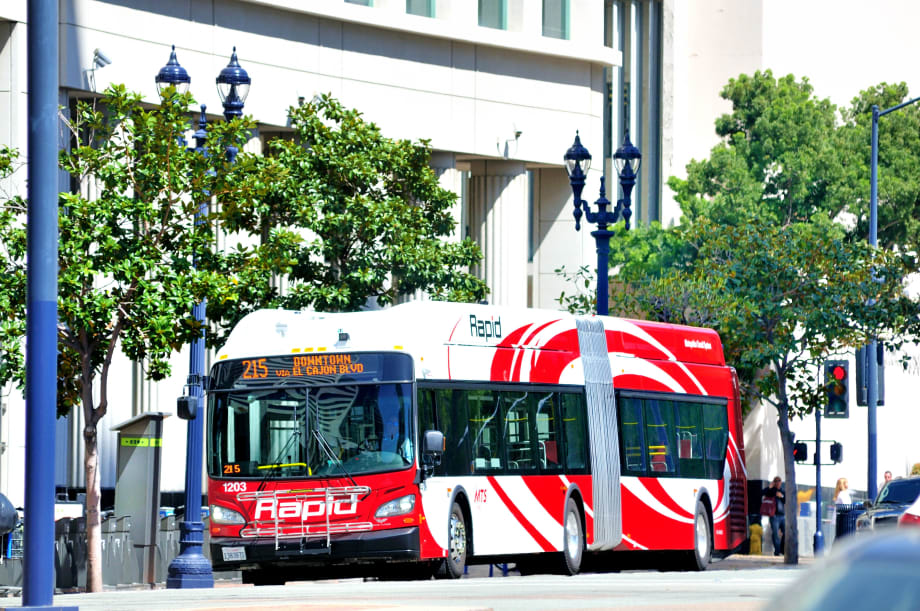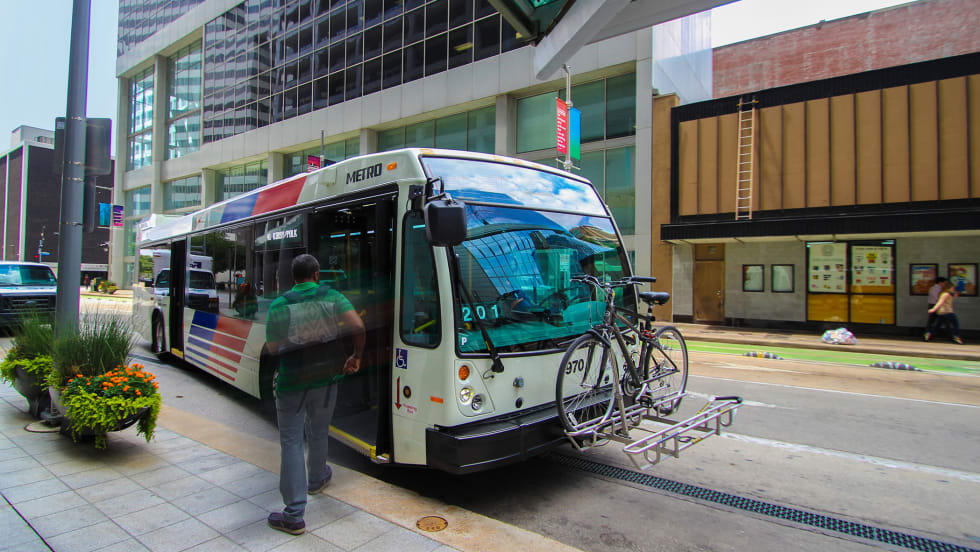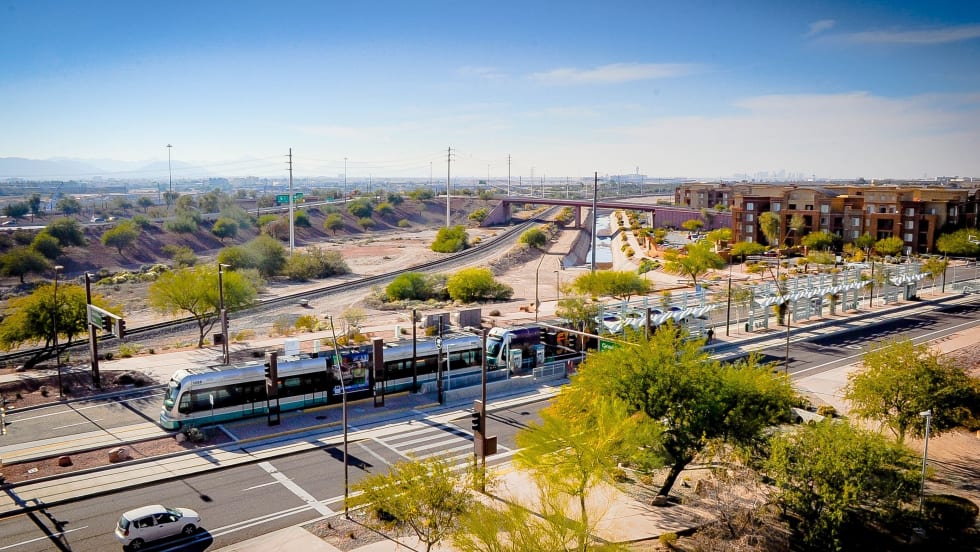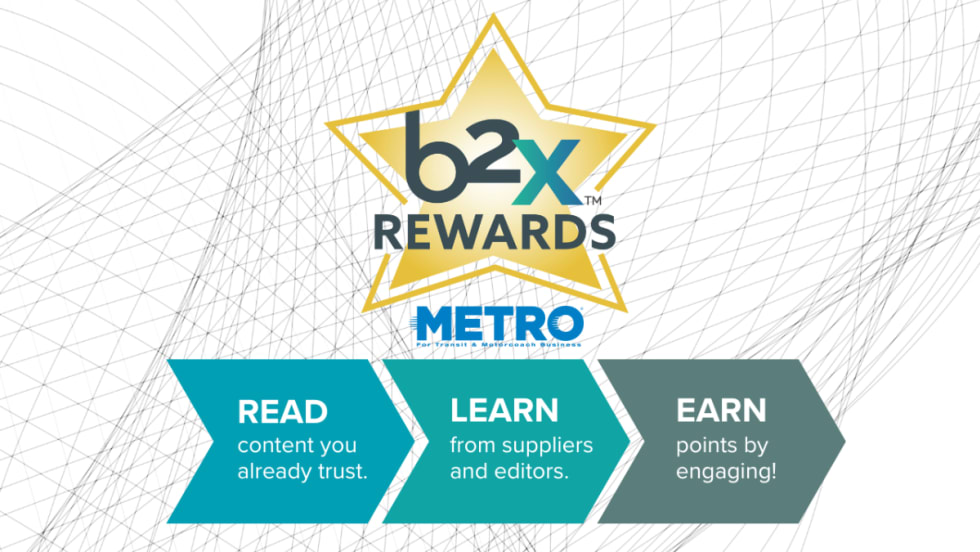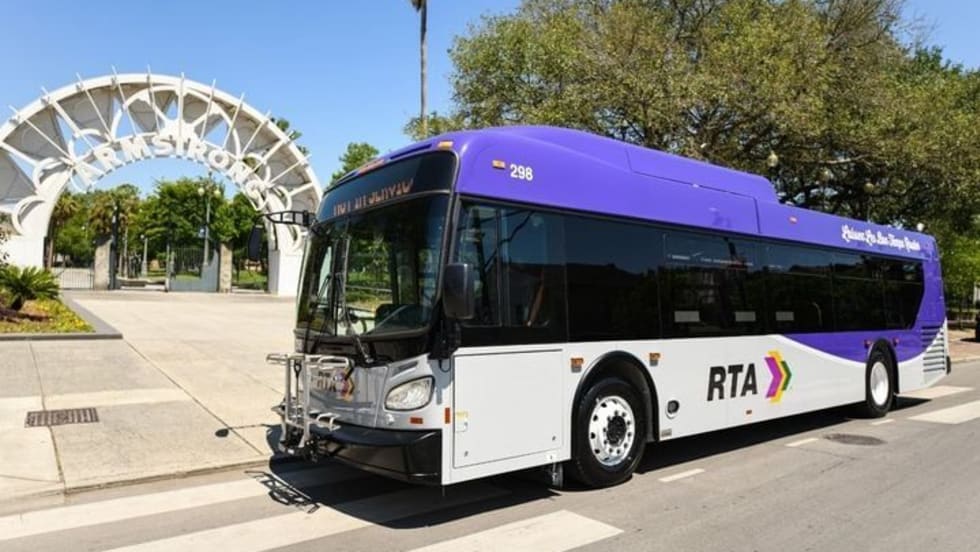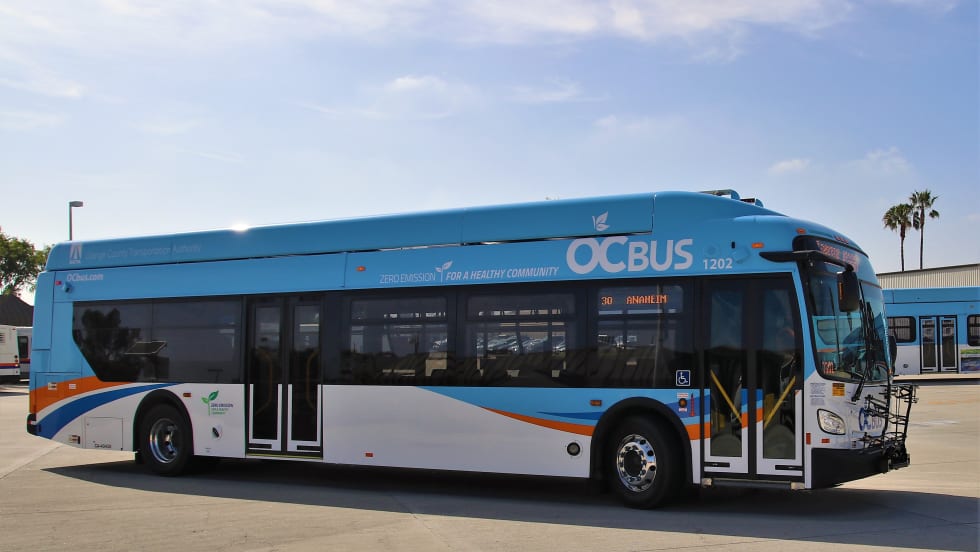The Southern California Association of Governments (SCAG) has drafted an early action plan to promote racial and social equity, as well as economic recovery in the six-county region.
A newly formed committee convened by the SCAG, called the Special Committee on Equity and Social Justice, was briefed Wednesday on a draft framework outlining the agency’s overall equity work and steps for developing an Inclusive Economic Recovery Strategy, including 20 to 30 small group strategy meetings across the region over the next two months. Those meetings, along with a survey of stakeholders, will help build out an action plan and identify opportunities for coordination and collaboration.
“For Southern California to truly recover from the devastation of the pandemic, we need to close this growing racial equity gap, and long-range planning for transportation and land use has a critical role to play,” said Rex Richardson, president of SCAG and vice mayor of Long Beach. “As we build our recovery strategy, creating an environment where everyone has the opportunity to succeed is essential to building a strong, resilient, sustainable economy.”
Among the potential components of the Regional Inclusive Economic Recovery Strategy identified by staff:
Transportation – projects of regional significance that promote clean transportation, increase access to jobs and housing, are ready to move forward and will create equity-ready jobs.
Infrastructure – projects that promote sustainable infrastructure, improve quality of life, and will create equity-ready jobs.
Sector Based Strategies – identifying the top needs of growth sectors and growing businesses that provide the greatest opportunities for family supporting jobs and economic mobility.
Housing Production – support efforts to provide a range of housing for households at all income levels, as well as an economic generator for family-supporting construction jobs.
Human Capital – identifying the supportive infrastructure that creates opportunities for economic mobility, such as job training/education, childcare, public and mental health, access to capital and affordable housing.
Last July, SCAG declared racism a public health crisis, and in the months since has led regionwide discussions on ways to eliminate barriers that reduce opportunity for millions of Southern Californians.



